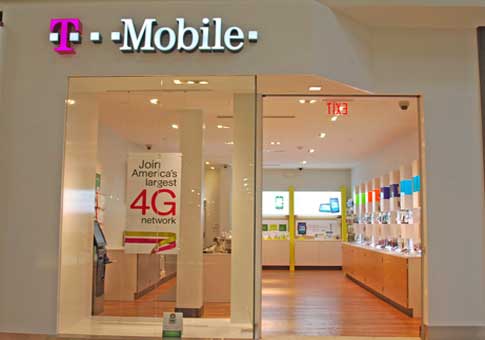After the FCC joined the Department of Justice in announcing its public disapproval of the AT&T/T-Mobile merger last month, we figured the deal was as good as dead. And after a few weeks of trying to find a workaround, AT&T has finally figured it out as well.
As we reported yesterday, the carrier has just announced that it has decided to completely withdraw its offer to purchase the Deutsche Telekom-owned operator. This is obviously great news for Sprint and other small carriers, but what does it mean for T-Mobile?
First and foremost, it means money. Along with its $40 billion dollar buyout proposal, AT&T agreed to pay T-Mobile a break up fee worth $4 billion in assets in the event that the deal went sour. At least $3 billion of the fee is expected to be cash money.
Next is coverage. According to Macworld, T-Mobile will gain AWS (Advanced Mobile Wireless Services) spectrum in 12 major US cities including San Francisco, Boston, Atlanta, Los Angeles, and Dallas as a result of the failed merger. The carrier will also receive a 7-year roaming deal with AT&T that will extend its network reach by 50 million customers. Wow.
But the real question is this: will it be enough? Deutsche Telekom was happy to sell to AT&T because it’s not sure of T-Mobile’s future. While it is still the fourth largest carrier in the US, it is the only operator out of the top 4 that doesn’t yet carry the iPhone.
In fact, T-Mobile’s smartphone lineup pails in comparison to that of rival carriers like AT&T or Verizon. Not to mention it is the only major cell phone provider in the US that isn’t working on building out an LTE network — the unofficial industry standard for 4G.
T-Mobile’s next 6 months could get real interesting. Will they survive? Will they thrive? Will Sprint attempt an acquisition?
What do you think?
